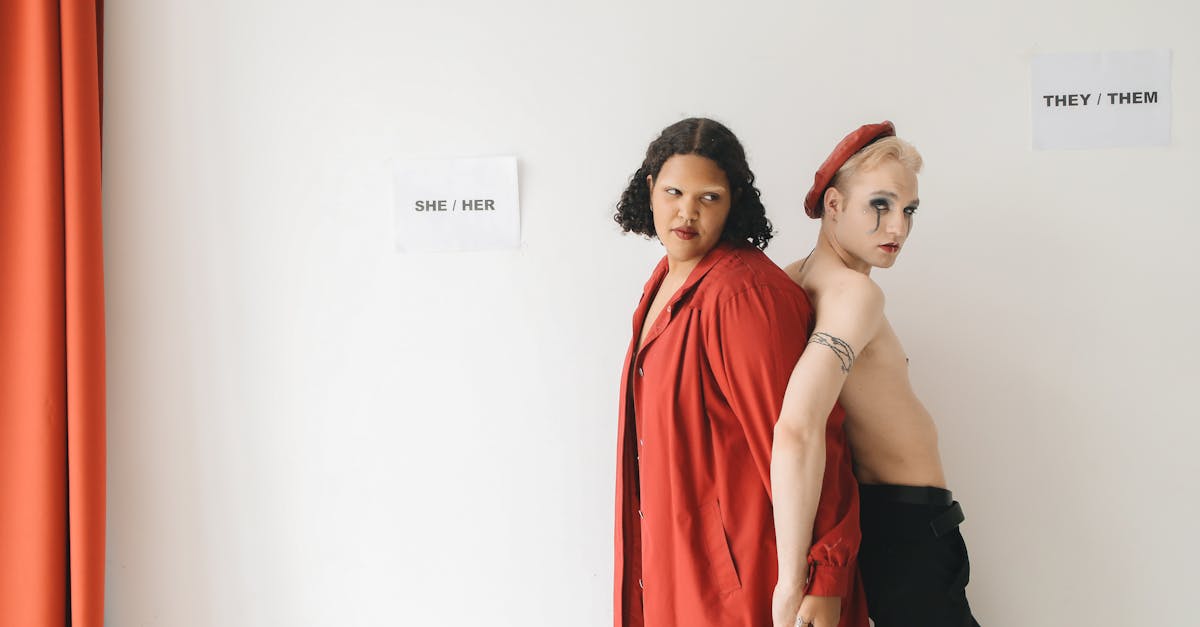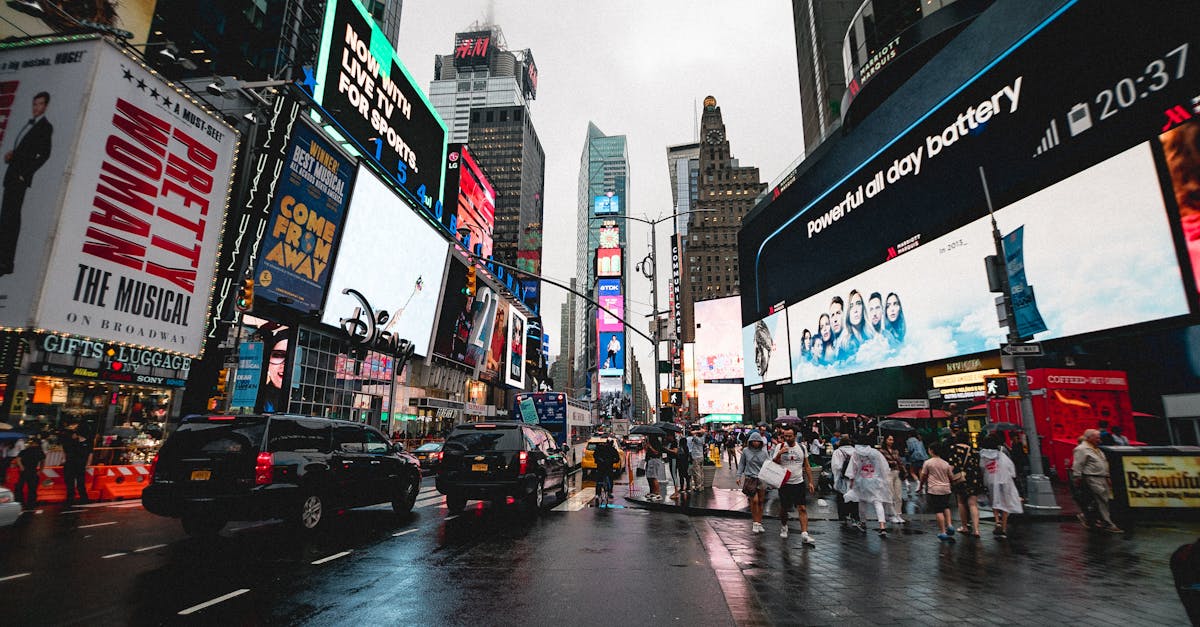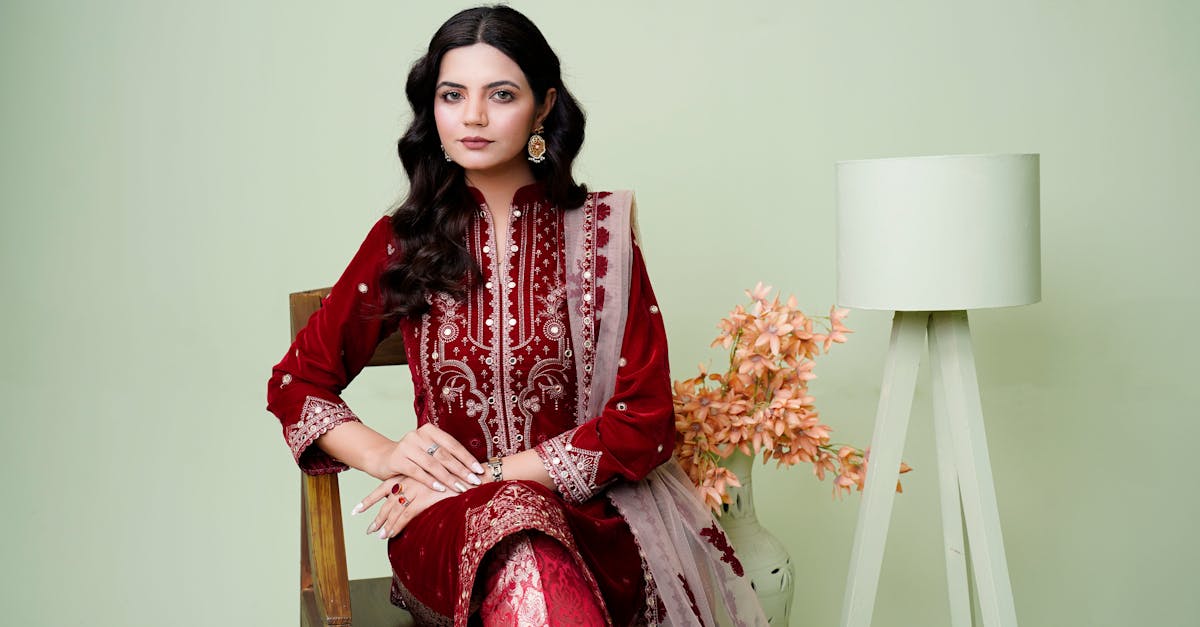Mindful Fashion Zenith Exploration
Introduction
In recent years, mindful fashion has emerged as a transformative trend that emphasizes sustainable and ethical practices in the clothing industry. This movement responds to the growing awareness of the environmental and social impacts of traditional fashion. Consumers and designers alike are reshaping their approaches towards clothes, seeking a harmonious balance between style and sustainability. The zenith of this movement is now, as innovations and consumer choice drive change. From eco-friendly fabrics to fair-trade labor practices, the facets of mindful fashion offer a rich tapestry of ideas. Understanding mindful fashion allows us to appreciate its potential to create a more equitable and environmentally friendly world.
Advertisement
Understanding Mindful Fashion
Mindful fashion is more than just a trend; it's a philosophy that integrates awareness and intention into clothing production and consumption. Rooted in sustainable and ethical principles, this approach considers the whole lifecycle of a garment, from design to disposal. Emphasized by ecological consciousness, it focuses on reducing waste, minimizing environmental impact, and promoting fair labor practices. This paradigm shift challenges fast fashion's dominance, encouraging consumers to contemplate how their choices affect the planet and countless lives. By adopting mindful practices, the fashion industry aims to ensure that future generations can enjoy an abundant and beautiful world.
Advertisement
Sustainable Materials and Innovations
Central to mindful fashion are the materials and innovations promoting eco-friendliness. Designers are now sourcing organic cotton, hemp, bamboo, and recycled fibers to reduce carbon footprints. Innovations like biodegradable fabrics and plant-based dyes minimize environmental degradation. Crucially, the technology also seeks to improve water efficiency during production, address chemical pollution, and reduce waste. Companies investing in research and development of sustainable materials explore new frontiers, striving to combine fashion-forward designs with environmental responsibility. These advancements not only signal industry commitment but also inspire more brands to join the movement.
Advertisement
Ethical Production Practices
The mindful fashion movement champions ethical production practices, ensuring workers' rights and well-being are prioritized. This approach affirms transparency and fairness in labor, aligning with principles like fair trade and living wages. Factories are held accountable for their working conditions, prompting companies to reassess supply chain management and partner with ethically aligned manufacturers. Brands embracing these values often certify their products, reassuring consumers of their commitment to ethical standards. By choosing mindful fashion, buyers support a system that respects human rights and values the craftsmanship that goes into making each garment.
Advertisement
The Role of Circular Fashion
Circular fashion represents a pivotal component of mindful fashion, encouraging sustainable consumption models designed to reuse, recycle, and extend the lifecycle of garments. Unlike the linear "make, use, dispose" model, circular fashion values longevity, emphasizing repairability, upcycling, and secondhand shopping. Major brands are investing in take-back programs, allowing customers to return old clothes for recycling or resale. This shift not only conserves resources but also encourages consumers to think critically about their wardrobe choices. Such initiatives highlight the fashion industry's commitment to reducing ecological footprints while promoting responsible consumer behavior.
Advertisement
Consumer Involvement and Behavior
Consumer involvement is vital in advancing the mindful fashion movement. Increasingly, shoppers are questioning brand policies, prioritizing authenticity and accountability. By engaging in informed decision-making, they drive demand for sustainable and ethical products. Social media facilitates awareness, with platforms enabling consumers to share insights, reviews, and call brands to account. As awareness grows, mindful consumption becomes a shared value, creating community-driven support for responsible fashion. Consumers wield significant power in shaping industry practices, incentivizing companies to embrace transparency and consciously create fashion.
Advertisement
Challenges and Opportunities
Despite its benefits, mindful fashion faces challenges like higher costs and market resistance. Sustainable materials can be pricier, necessitating consumer education and financial commitment. On the business end, transitioning to responsible practices requires overcoming economic and logistical barriers. However, with challenges come opportunities. Mindful fashion invites innovation, collaboration, and storytelling that appeal to modern consumers' values. Brands tapping into this narrative build more meaningful relationships with their audience, gaining loyalty and differentiation in a competitive market.
Advertisement
The Global Impact of Mindful Fashion
Mindful fashion has ripple effects beyond the clothing racks, contributing to wider societal and environmental changes. By adopting sustainable practices, the industry can significantly impact carbon emissions and resource use, aligning with global climate goals. Ethical labor practices foster economic growth and dignity for artisans and workers in developing countries. Communities around the world benefit from initiatives like carbon offsetting and local material sourcing that stimulate economic resilience. As the industry evolves, the global narrative around fashion is reshaping into one of responsibility and hope.
Advertisement
Future of Mindful Fashion
Looking ahead, mindful fashion is poised for continued growth and influence. As environmental urgency increases, the demand for sustainable innovation will follow suit. Technological advancements will advance material science, enhancing eco-friendly options and reducing costs. Collaborations will converge cross-industry knowledge, furthering sustainable developments. Education will play a crucial role, empowering consumers and designers to make intentional choices. As this movement continues to gain momentum, it promises a future where style and sustainability coexist harmoniously and where fashion serves both individuality and the planet.
Advertisement
Conclusion
Mindful fashion represents a dynamic shift towards sustainable and ethical practices, reshaping the fashion landscape. Through conscious efforts in design, production, and consumption, the movement strives to address pressing environmental and social issues. Consumers and designers play pivotal roles in driving this change, reinforcing values of transparency, fairness, and responsibility. Despite obstacles, the opportunities for innovation and impact are vast, paving the way for a more just and green future. As mindful fashion reaches its zenith, it offers a template for integrating awareness and beauty, echoing the possibility for a timeless and fulfilling coexistence.
Advertisement








